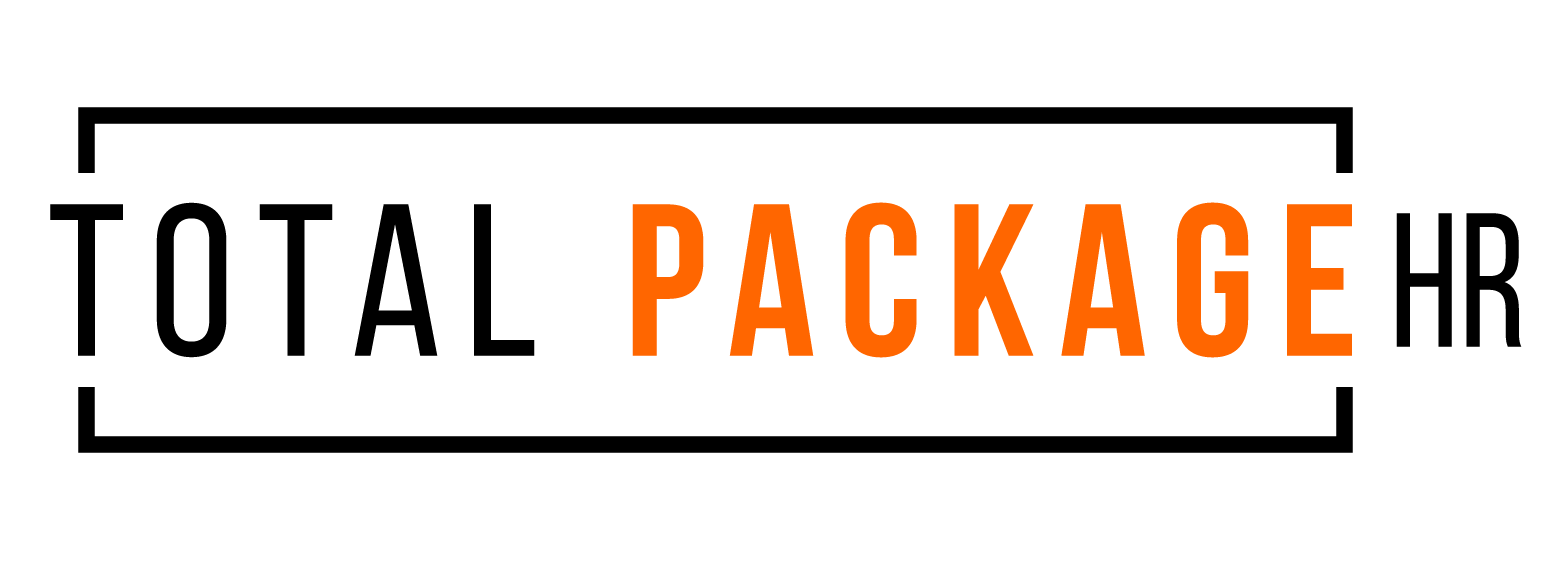Stocking Stuffers Edition -Other Changes to Come in 2024
Let’s close out the year with a lightning round of some final items to come in 2024 throughout California.
Food Handler’s Cards – January 1, 2024
Employers will now bear the cost associated with an employee obtaining their Food Handler’s Card. This includes paying for the time it takes to review training materials and take the test, the cost of the training materials if required, cost of the test, and any other associated expense (such as if they are required to attend an in-person training, the employer would reimburse for mileage). This will be the case for new and current employees who may need to renew their Food Handler’s card. This new law also prohibits employers from making it a condition of employment to already hold a Food Handler’s Card in order to be hired. The current Health & Safety code allows employees to obtain their Food Handler’s Card within 30 days of being hired, and the same will apply with this new law.
Non-Compete Agreements – January 1, 2024
Two bills were signed this year regarding non-compete agreements that will take effect on January 1, 2024. Combined, these laws expressly prohibit employers from entering into or enforcing non-compete agreements for California employees. As we know, non-competes have been disfavored for quite some time. These new laws include additional stipulations employers will want to make note of. It will be unlawful for employers to enforce non-compete language in employment contracts or other agreements, regardless of what state the employee was in when they signed the contract. For example, if an employee signed a non-compete agreement in Texas and is attempting to take a competing job in California, neither employer will be able to enforce the non-compete.
California employers will have a notification requirement for current and former employers who signed any contract or agreement containing non-compete clauses. By February 14, 2024, employers will be required to send a notice to affected individuals to their last known mailing address and email address, informing them the non-compete agreements they signed are void. Make sure to also check your confidentiality agreements with counsel to make sure they don’t have non-compete language!
Equal Pay and Anti-Retaliation Protection Act – January 1, 2024
The Equal Pay and Anti-Retaliation Act amends the California Labor Code to create a rebuttable presumption of retaliation if any adverse employment action is taken against an employee within 90 days of filing or participating in certain protected activities. This includes conduct related to wage claims, claims stemming from an employee’s political and civil rights, PAGA claims, a Fair Pay Act claim, and lawful off duty conduct, to name a few. This does not mean an employer’s hands are tied if there is legitimate reason for employment action. However, it does add emphasis to the importance of proper and timely coaching, communication, and documentation as it pertains to corrective action, discipline, and related employment decisions.
Fast Food Minimum Wage – April 1, 2024
Large fast-food chains will be raising their minimum wage to $20/hour starting April 1, 2024, and increase annually thereafter based on the Fast Food Council’s evaluation of the Consumer Price Index. Although it may not affect your business directly, it will affect the labor market. This is a good time to evaluate your compensation package and prepare for how a shift in the minimum wage for these entry-level roles might impact your business.
Healthcare Minimum Wage – June 1, 2024
Covered healthcare facilities will be required to increase their minimum wages accordingly beginning June 1, 2024. There is a long list of covered healthcare facilities; our evaluation is that it is aimed at employers that are affiliated with a hospital or large healthcare group. Healthcare employers should review in detail the list of applicable employers to evaluate if the minimum wage regulations will apply. The healthcare minimum wage applies to:
- A facility or other work site that is part of an integrated health care delivery system.
- A licensed general acute care hospital, as defined in subdivision (a) of Section 1250 of the Health and Safety Code, including a distinct part of any such hospital.
- A licensed acute psychiatric hospital, as defined in subdivision (b) of Section 1250 of the Health and Safety Code, including a distinct part of any such hospital.
- A special hospital, as defined in subdivision (f) of Section 1250 of the Health and Safety Code.
- A licensed skilled nursing facility, as defined in subdivision (c) of Section 1250 of the Health and Safety Code.
- A patient’s home when health care services are delivered by an entity owned or operated by a general acute care hospital or acute psychiatric hospital.
- A licensed home health agency, as defined in subdivision (a) of Section 1727 of the Health and Safety Code.
- A clinic, as defined in subdivision (b) of Section 1204 of the Health and Safety Code, including a specialty care clinic, or a dialysis clinic.
- A psychology clinic, as defined in Section 1204.1 of the Health and Safety Code.
- A clinic as defined in subdivision (d), (g), or (l) of Section 1206 of the Health and Safety Code.
- A psychology clinic, as defined in Section 1204.1 of the Health and Safety Code.
- A clinic as defined in subdivision (d), (g), or (l) of Section 1206 of the Health and Safety Code.
- A psychiatric health facility, as defined in Section 1250.2 of the Health and Safety Code.
- A mental health rehabilitation center, as defined in Section 5675 of the Welfare and Institutions Code.
- A rural health clinic, as defined in paragraph (1) of subdivision (l) of Section 1396d of Title 42 of the United States Code.
- An urgent care clinic.
- An ambulatory surgical center that is certified to participate in the Medicare Program under Title XVIII (42 U.S.C. Sec. 1395 et seq.) of the federal Social Security Act.
- A physician group.
- A community clinic licensed under subdivision (a) of Section 1204 of the Health and Safety Code, an intermittent clinic exempt from licensure under subdivision (h) of Section 1206 of the Health and Safety Code, or a clinic operated by the state or any of its political subdivisions, including, but not limited to, the University of California or a city or county that is exempt from licensure under subdivision (b) of Section 1206 of the Health and Safety Code.
- A licensed residential care facility for the elderly, as defined in Section 1569.2 of the Health and Safety Code, if affiliated with an acute care provider or owned, operated, or controlled by a general acute care hospital, acute psychiatric hospital, or the parent entity of a general acute care hospital or acute psychiatric hospital.
The changes happening June 1, 2024, are as follows:
- Large Employers and Integrated Health Systems – $23/hr.
- Hospitals – $18/hr.
- Clinics – $21/hr.
- All Other Covered Healthcare Facilities – $21/hr.
If your organization falls into any of the above listed categories, we recommend you review the minimum wage schedule for that specific facility type to prepare for the changes coming in June.
California Paid Sick Leave – January 1, 2024
Last but not least, we want to call your attention back to an alert we previously sent out regarding the updated California Paid Sick Leave requirements. In short, California is increasing the number of required sick hours from 24 to 40 per year. Read up on our previous blast here.
Navigating California’s ever changing laws can be complicated – some of these updates may require action on your part. TPHR is here to support you, and your managers, to better understand these changes and what they mean for your individual business or industry. If you need help with these action items… reach out to your friends at TPHR!






